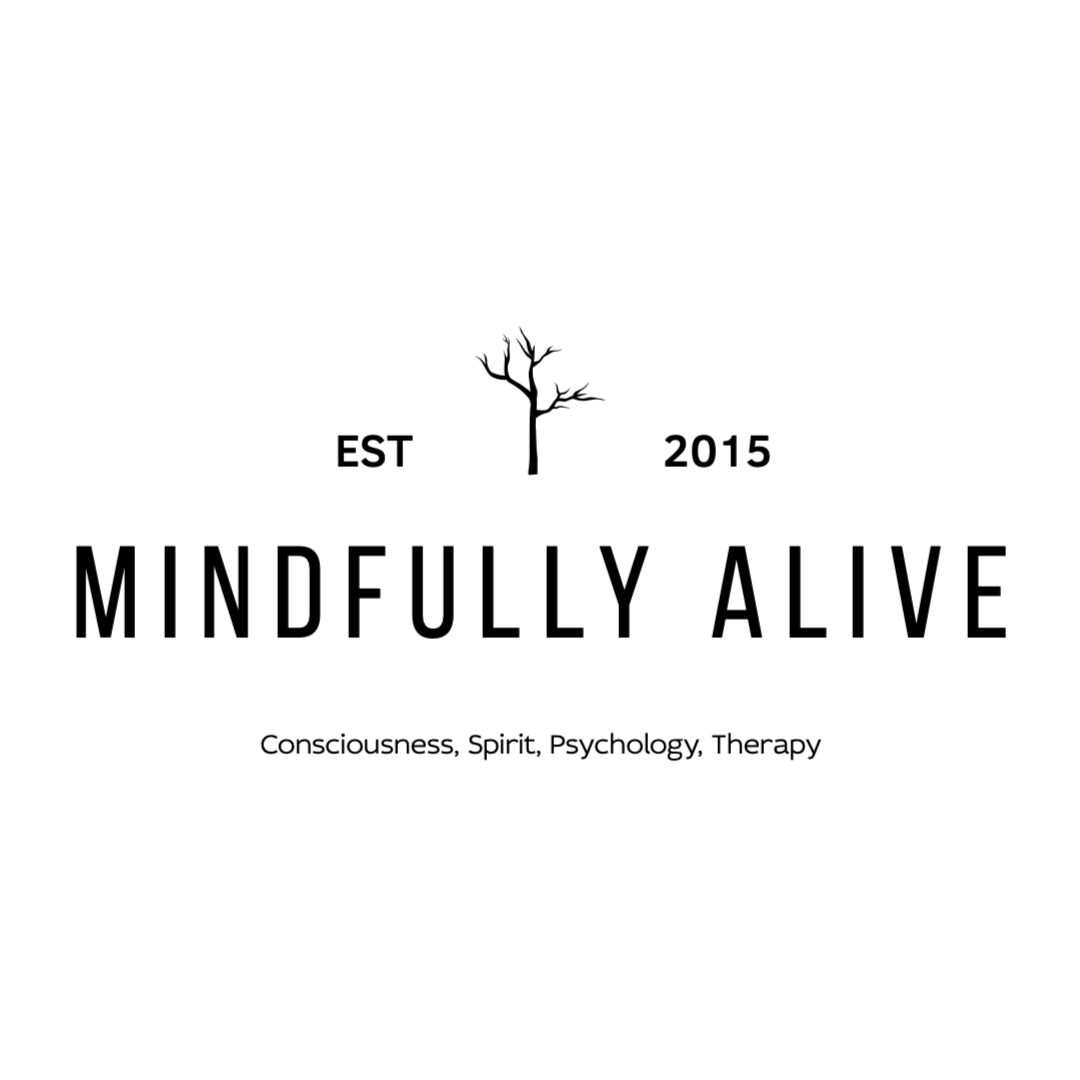Are you extremely sensitive to other’s emotions, maybe to the point of taking them on as your own? Do you find it hard to separate when someone close to you is feeling emotional pain? Can you pick up on the “vibes” of a room, place or person very easily? Maybe you have been told you are “too sensitive” or “too emotional”? If you can relate- you likely have the gift of being an empath or a Highly Sensitive Person (HSP).
Highly Sensitive Person (HSP)
The word empathy is derived from the Greek language. “Em”- in, “Pathos”- feeling. Empathy means to feel into another’s emotions, the ability to share and understand the feelings of others. An empath or a Highly Sensitive Person (HSP) however, is one who feels empathy to an extreme degree. It is one who has such a degree of sensitivity that they can feel another’s emotions or physical symptoms in their own body. The nervous system in empaths and the Highly Sensitive Person is wired differently than the average person. Empaths have a hyperactive mirror neuron system, which is a specialized group of cells responsible for compassion. Being an empath can be like a superpower where one can tap into a means of awareness beyond the five senses. It has its gifts of heightened creativity, intuition, compassion and ability to connect with others, however, can come with its challenges if not properly understood and managed. Without the ability to understand our experience as an empath or Highly Sensitive Person (HSP), we can become swept up in the ups and downs of other’s emotions- and that can be exhausting. We can become vulnerable to burnout or to lower vibrational energies which can negatively impact us physically (migragrains, nausea and fatigue are common) and mentally (anxiety, depression, chronic stress). In order for empaths to use their gifts in the most effective way, they need to protect themselves. And in order to protect themselves, they need to be armed with a wide range of tools.
Go inward
As mentioned earlier, as an empath or Highly Sensitive Person (HSP) it can be easy for us to take on other’s “stuff” as our own, which can take a huge toll on our energy and overall well being. When we feel a sudden change in mood or an overload of emotions, it’s important to go inward and ask ourselves, “are these my emotions or do they belong to someone else?”. It is important that we do not personalize the emotional experiences of others. Just by identifying the emotions as someone else’s, we can dissipate the attachment we have to the experience and therefore the overall impact it has on us.
Shielding and Grounding
Because we are ultra sensitive it is even more important that we make time and create space to take care of ourselves in order to cleanse our energy and recharge. Alone time is imperative to the self-care of empaths. We need to take time away from external stimuli, including other people and technology, in order to connect with our inner selves. Deep breathing, meditation, journaling or yoga can be excellent tools to use to reconnect with our essence. Being alone in nature has an extremely grounding and healing effect on empaths as it helps to shed other people’s energy and replenishes our own. We can enhance the experience by using our senses to take in the smells, sights and sounds to even furthur root us in the present moment. Shielding is another tool that can help us protect our energy by intentionally visualizing a white energy field around us. This energy field acts as a shield which prevents us from allowing lower vibrational energies into our own experience. It is a way for us to set the emotional tone of a space rather than being tossed around by everyone else’s.
Set Boundaries
Setting boundaries in relationships, at work or even with strangers can be difficult for empaths as our deep sense of empathy can take precedence over our own self-care. Empaths tend to have a beautiful ability to help and heal others, but it can sometimes be at our own expense. As uncomfortable as it may be, saying “no” can be one of the most empowering skills for an empath. It can be limiting the amount of time you spend with someone or the length of a conversation. It can be saying, “I think I’m just going to stay in tonight” or “I’m sorry do you mind if we talk about this another time, I just don’t have the energy for this right now”. Pay attention to who the people are in your life that you feel good around and who you tend to feel depleted around. It is important that we become mindful of the energies we allow in our space as this, ultimately, determines the quality of our life.
Being an empath can be a gift but it can also be confusing and at times, overwhelming. By developing the skills to regulate our own emotions and energy, we are able to use our gift to its utmost potential rather than allowing it to deplete us. Empath and HSP self-care is the magic key for a sensitive, empowered and aligned state of being.






Be the first to reply